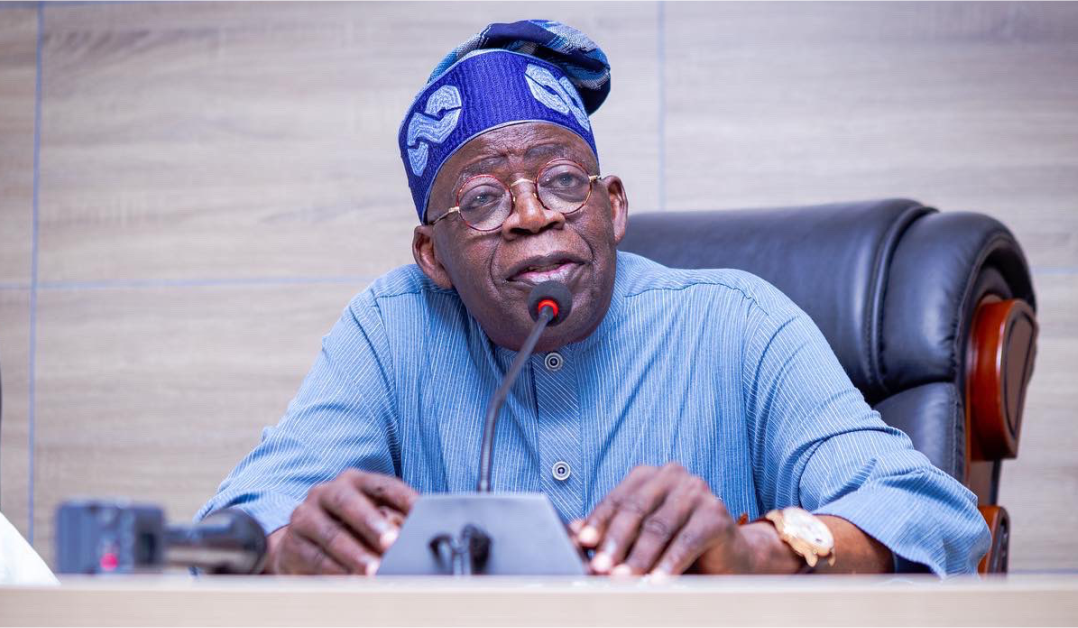President Bola Tinubu’s administration, midterm , organised labour has delivered a scathing critique of his economic policies, accusing the government of worsening poverty and hardship across Nigeria.
In a statement marking the midterm, Nigeria Labour Congress (NLC) President, Joe Ajaero, said Tinubu’s reforms—particularly the removal of fuel subsidy and exchange rate unification—have pushed over 150 million Nigerians into multidimensional poverty. He dismissed Tinubu’s “Renewed Hope Agenda” as recycled neoliberal failures, claiming they enriched a few while deepening the suffering of the majority.
“Fuel prices have tripled, inflation is out of control, and wages have been eroded,” Ajaero said. “This is not reform—it’s punishment.”
Tinubu, in a national broadcast, defended his policies, noting that external reserves rose from $4bn in 2023 to $23bn in 2024. He assured Nigerians that the economic pain was temporary and necessary for long-term stability.
The NLC and TUC, however, insist the reforms lack visible benefits. They criticized the government’s palliatives as inadequate and highlighted worsening insecurity, joblessness, and poor infrastructure.
Labour leaders from several states—including Lagos, Benue, Kaduna, and Bayelsa—echoed similar sentiments, rejecting the President’s claim that “the worst days are over.”
In response, the All Progressives Congress (APC) accused the NLC of politicizing national issues. APC National Vice Chairman (South-East), Dr. Ijeoma Arodiogbu, described the labour critique as “sponsored and shallow,” adding that Tinubu has shown transparency and courage in implementing difficult but necessary reforms.
Despite deepening criticism, the Presidency maintains that its policies will pay off in the long run.

